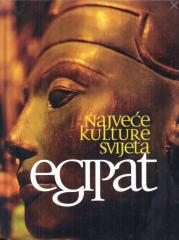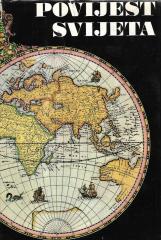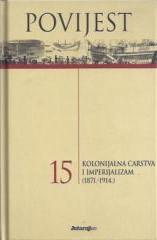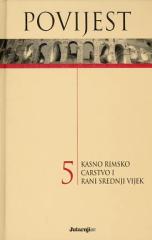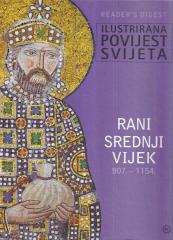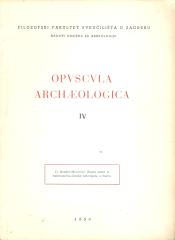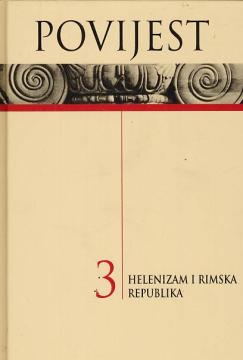
Povijest #3: Helenizam i rimska republika
Der dritte Band der „Weltgeschichte“ behandelt die hellenistische Periode in der Geschichte des antiken Griechenlands sowie die erste Etappe in der Geschichte des mächtigen römischen Staates, die mit der Gründung Roms beginnt und mit dem letzten Punischen
Die hellenistische Periode (4. bis 1. Jahrhundert v. Chr.) beschreibt die Ausbreitung griechischer Kultur und ihren Einfluss unter Alexander dem Großen, dessen militärische Eroberungen sich bis nach Asien, Ägypten und in den Nahen Osten erstreckten und eine Verschmelzung der klassischen griechischen Kultur mit lokalen Traditionen hervorbrachten. In dieser Zeit blühten griechische Kunst, Philosophie und Wissenschaft auf, und Schulen wie Platon und Aristoteles wurden gegründet. Die hellenistische Welt war jedoch auch von internen Konflikten und regionalen Spaltungen geprägt, die zu Massenkonflikten und politischen Umwälzungen führten.
Der Fokus richtet sich dann auf die Römische Republik (509–27 v. Chr.), ihren Aufstieg aus der Monarchie, die Entwicklung von Institutionen und die Ausweitung der Macht in ganz Italien und darüber hinaus. Das republikanische System mit Senat, Konsuln und anderen Institutionen wird ebenso beschrieben wie die großen Kriege, wie die Punischen Kriege gegen Karthago, die Rom die Vorherrschaft im Mittelmeerraum ermöglichten. Durch diese Ereignisse wird die Stadt mit ihrer auf Gesetzen und Bräuchen basierenden Regierung zum Römischen Reich, und militärische Siege und politische Veränderungen prägen die römische Gesellschaft. Durch die Darstellung von Ereignissen und Personen wird die Bedeutung der frühen römischen Kultur, des Rechts und der Verfassung hervorgehoben, die den Grundstein für die spätere Entwicklung des Westens legten.
Dieser Band bietet einen wichtigen Einblick in den Prozess der Verbreitung dieser kulturell-politischen Einheit und in die Zeit, in der Konzepte sozialer Ordnung, militärischer Taktik und Philosophie entstanden, die die Geschichte bis heute beeinflussen. Anhand von Berichten über wichtige Führer und Ereignisse beleuchtet das Buch die Fortführung der Traditionen verwandter Kulturen und die Geopolitik dieser Zeit. Dies ist von großer Bedeutung für das Verständnis der historischen Wurzeln der modernen europäischen und weltweiten Gesellschaft.
Es werden zwei Exemplare angeboten
